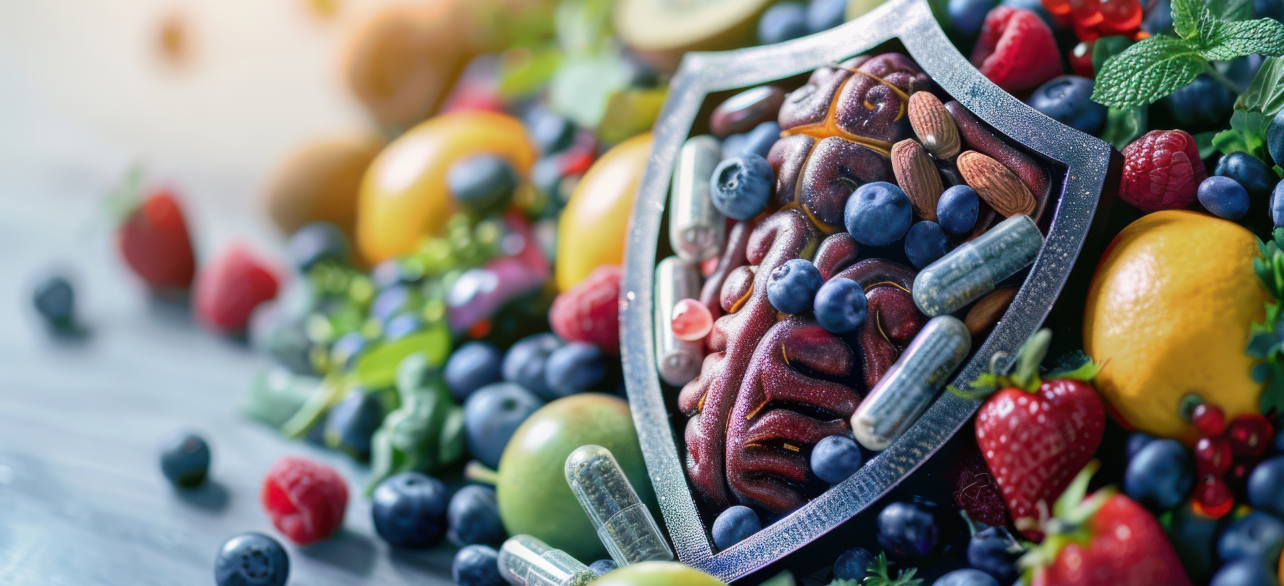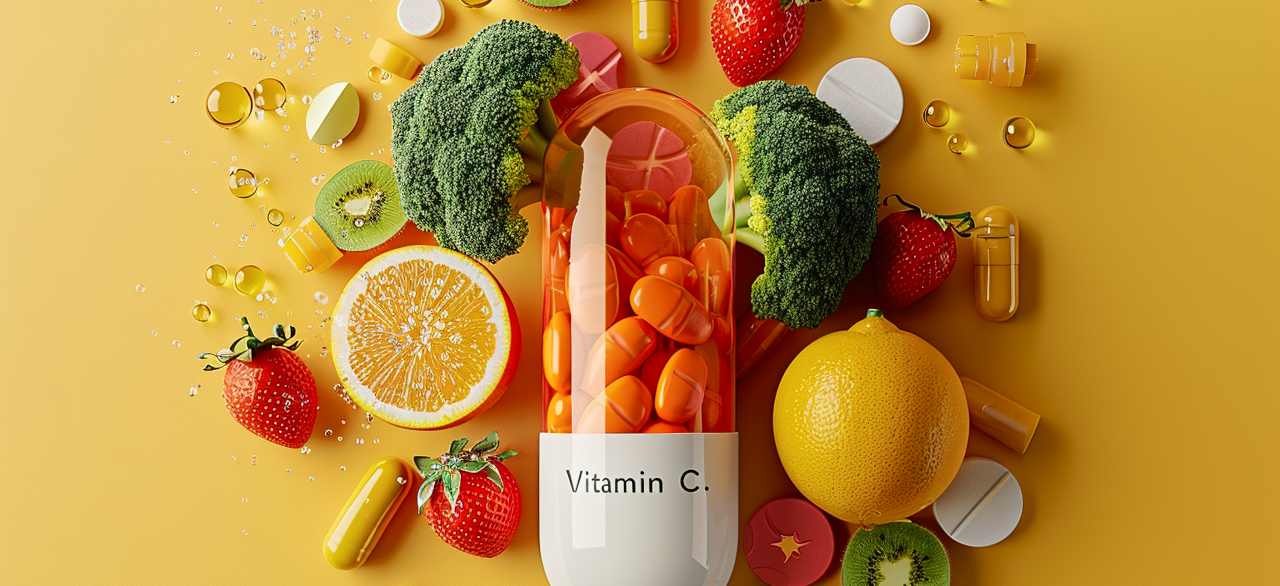
Science
How Antioxidants Help Combat Oxidative Stress

Oxidative stress is a biological process that, while naturally occurring, can have detrimental effects on the body if left unchecked. This condition arises when there is an imbalance between free radicals—unstable molecules that can damage cells—and the body’s ability to neutralize them with antioxidants. Understanding how antioxidants combat oxidative stress is crucial for protecting your body from cellular damage, particularly after intense physical activities like raving and the use of substances such as MDMA, which can amplify the production of free radicals.
What is Oxidative Stress?
Oxidative stress occurs when free radicals, also known as reactive oxygen species (ROS), outnumber the antioxidants in the body. Free radicals are produced as a natural byproduct of metabolic processes, such as energy production in the mitochondria, but their levels can increase dramatically due to external factors like intense physical exertion, environmental pollutants, poor diet, and stress. When free radicals accumulate, they can cause oxidative damage to cells, proteins, and DNA, leading to a range of health issues including inflammation, aging, and chronic diseases.
The Role of Antioxidants
Antioxidants are molecules that can donate an electron to free radicals without becoming unstable themselves, effectively neutralizing these reactive species and preventing cellular damage. The body produces some antioxidants endogenously, such as glutathione and superoxide dismutase, but it also relies on external sources from the diet to maintain a sufficient antioxidant defense system. Vitamins C and E, selenium, and flavonoids are among the most well-known dietary antioxidants, each playing a specific role in combating oxidative stress.
Antioxidants in Post-Exertion Recovery
Intense physical activities like raving, combined with substances like MDMA, significantly increase the body’s oxygen consumption, which in turn elevates the production of free radicals. This spike in free radicals can lead to oxidative stress if not adequately counteracted by antioxidants. By incorporating Ginseng Roots, Beta-Glucans, and Peppermint, along with traditional antioxidants like vitamins C and E, selenium, and glutathione, you can help neutralize excess free radicals, reduce inflammation, and accelerate the healing process.
By incorporating antioxidants into your recovery strategy, you can help neutralize the excess free radicals generated during physical exertion, thereby reducing inflammation and accelerating the healing process. For instance, vitamin C not only scavenges free radicals but also supports collagen synthesis, which is essential for repairing tissues. Vitamin E protects cell membranes from oxidative damage, while selenium enhances the activity of glutathione, one of the body’s most powerful endogenous antioxidants.
The Antioxidant Network: A Synergistic Defense
The body’s antioxidant defense system operates as a network, with different antioxidants working together to provide comprehensive protection against oxidative stress. For example, vitamin C can regenerate oxidized vitamin E, restoring its antioxidant capacity and enhancing overall defense. Similarly, glutathione works alongside other antioxidants to detoxify harmful substances and maintain cellular integrity. This synergistic action highlights the importance of consuming a diverse range of antioxidants to ensure optimal protection.
Dietary Sources of Antioxidants
A diet rich in fruits, vegetables, nuts, and seeds provides a broad spectrum of antioxidants that can help combat oxidative stress. Berries, citrus fruits, and leafy greens are excellent sources of vitamin C, while nuts, seeds, and vegetable oils are high in vitamin E. Selenium can be found in foods like Brazil nuts, seafood, and whole grains. Additionally, flavonoids—potent plant-based antioxidants—are abundant in foods such as dark chocolate, green tea, and colorful vegetables.
Antioxidants and Longevity
Beyond immediate recovery, maintaining a robust antioxidant defense system is crucial for long-term health and longevity. Chronic oxidative stress is linked to a host of age-related diseases, including cardiovascular disease, neurodegenerative disorders, and certain cancers. By consistently supplying your body with antioxidants, you can help reduce the risk of these conditions and support healthy aging.
Enhancing Antioxidant Intake
To further bolster your body’s antioxidant defenses, especially after periods of intense activity, consider incorporating antioxidant-rich supplements into your routine. These supplements are formulated to provide concentrated doses of key antioxidants, supporting your body’s ability to combat oxidative stress and promote recovery. Look for supplements that combine vitamins C and E with selenium, flavonoids, and other plant-based antioxidants for a comprehensive approach to cellular protection.
Optimizing Recovery with Antioxidants
Understanding the role of antioxidants in combating oxidative stress provides valuable insight into how you can protect your body from the cellular damage associated with intense physical activities. By prioritizing a diet rich in antioxidants and considering targeted supplementation, you can enhance your body’s natural defenses, promote faster recovery, and safeguard your long-term health. Whether through dietary choices or supplementation, such as Post-Peak vitamins and Dance Balance gel, ensuring an adequate intake of antioxidants is a critical component of any recovery strategy, helping you maintain peak physical and cognitive function.

